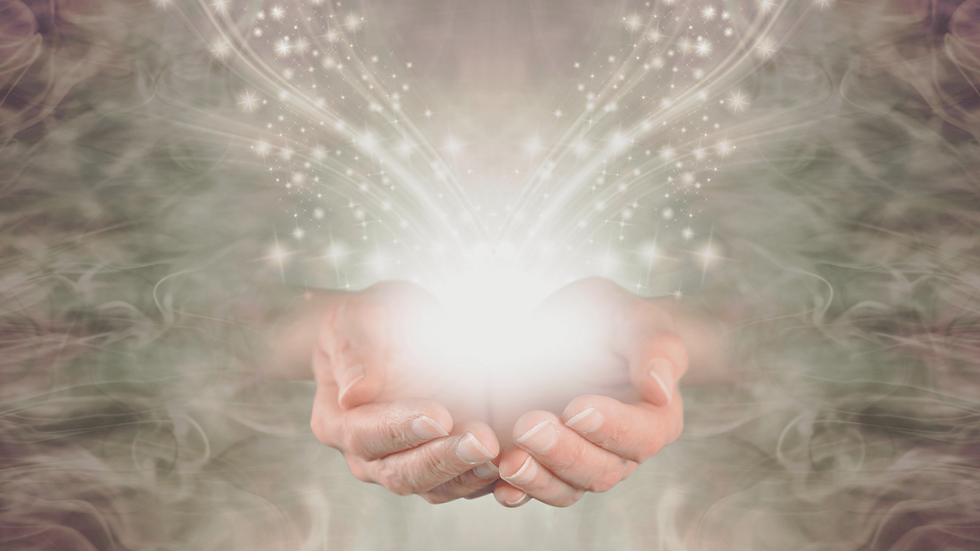When Birth Leaves an Emotional Scar: A Gentle Guide to Holistic Healing After Trauma
- Selina Clark
- May 30, 2025
- 3 min read
Updated: Jun 27, 2025
Birth is meant to be transformative. But for many mothers, it’s not the moment they hoped for; it’s one of fear, powerlessness, or grief. If your experience of birth left you feeling shaken, numb, or overwhelmed, please know:
You are not alone. And it’s not your fault.
Up to 45% of mothers in the UK report some level of birth trauma. Whether it was an emergency C-section, a NICU stay, not the birth you wanted, a loss of control during labour, or simply feeling dismissed, confused or unsupported, your pain is real and valid.

And yet so many mothers keep silent. Because they’re told to “be grateful.” Because their baby is healthy. Because they feel ashamed for feeling broken. But trauma doesn’t vanish just because it was a “happy ending.”It stays, sometimes in the body, sometimes in the mind, often in both.
What Birth Trauma Can Look Like
Birth trauma can manifest in many different ways. Some mothers experience flashbacks or panic when returning to a hospital or healthcare environment. Others feel constantly on edge, unable to sleep or relax. Some can’t bond with their baby because the birth itself felt like a violation or loss.
You might feel:
A sense of failure or guilt
Detachment from your body or your baby
Rage, sadness, or numbness that feels out of place
That you can’t speak about what happened, because people won’t understand
These reactions are not signs of weakness. They are your nervous system doing its best to protect you from an experience that felt unsafe.
Why Holistic Healing Matters
Trauma isn’t just stored in memories; it’s stored in the body. It lives in your breath, your muscle tension, and your sleep patterns. That’s why talk therapy, while important, doesn’t always go far enough on its own. You can’t always “talk” your way out of what your body still feels.
Holistic healing works because it recognises this full picture: The emotional, the physical, the mental, and the nervous system response. Whether it’s CBT to help reframe what happened, breathwork to soothe your stress response, or somatic techniques that gently release trauma held in your body, the most effective healing doesn’t come from one path; it comes from many.
There Is No One-Size-Fits-All Approach, And That’s a Good Thing
No two women experience birth trauma in the same way. And that means healing must be personal. What works for one mother may not work for another, and that’s not failure; that’s simply the truth. This is why in my practice, I don’t offer a single approach. Instead, I gently blend modalities like:
Cognitive Behavioural Therapy (CBT): To process the story, shift beliefs, and rebuild confidence.
Somatic therapy: Helps the body feel safe again through breath, movement, and nervous system awareness.
Mindfulness and meditation: To return to the present moment when the mind keeps pulling you back.
Hypnotherapy: To access subconscious healing in a deeply relaxed state.
Breathwork: To calm the fight-or-flight response and create a sense of groundedness.
Trauma-informed support: That honours your pace, your story, and your agency.
Each mum receives a deeply personalised blend, depending on what feels safest and most effective for them. Some sessions are more body-based, others more cognitive or emotional. This isn’t a cookie-cutter programme, it’s a co-created process between you and me, led by what your body and nervous system need most.
You Don’t Have to Feel This Way Forever
Healing from birth trauma is possible. With the right support, many mothers go on to feel at peace, strong, and deeply connected to themselves again. even when they once thought that was impossible. It may take time. It may take a few gentle false starts. But you don’t have to walk it alone.



Comments